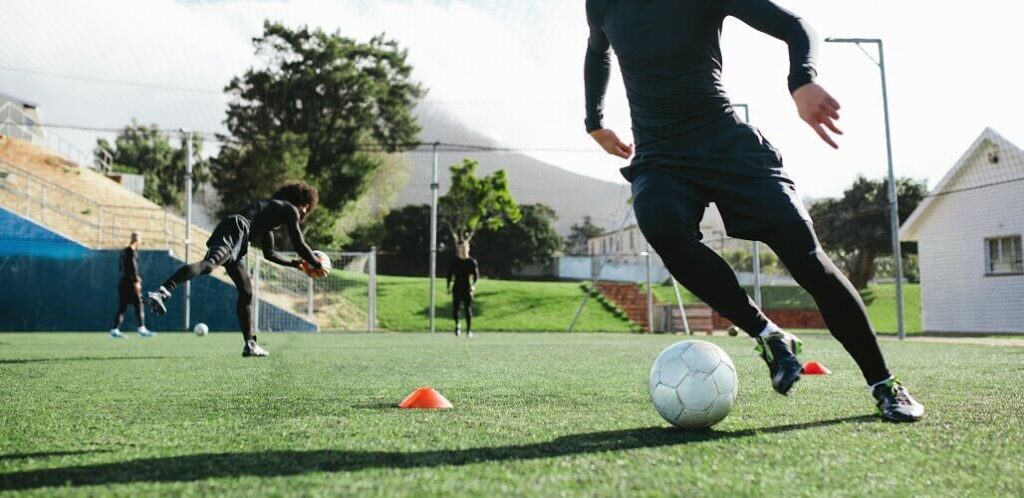Health Blog Category: Injury Management
Sports Injury Physiotherapy: What to Expect

How our treatment plans can help you regain strength and functions following a sports injury.
If you are a participating athlete who’s suffered a sports injury, you’re probably eager to get back in the game. Athletes require an incredible amount of physical capability and endurance to persist through activities, and while sports are a healthy outlet for many people, they do come with the risk of injury.
Sports injuries can significantly vary, from concussions to ankle sprains and everything in between.
Read full blogSpeed Up Recovery with Physiotherapy Before and After Surgery

Regardless of what angle you’re looking at it from, surgery can be a pretty unpleasant, traumatic ordeal for the body to go through. It’s usually reserved for situations where there are no other options. If surgery is a must, you may have already scheduled a post-operative physiotherapy visit with your doctor.
It is incredibly normal (and highly recommended!) to see a physiotherapist during rehabilitation. Without the aid of a physiotherapist, it can be impossible to get back up and move on your own.
Read full blogWhat You Need to Know About: Head Injuries

With the more recent discoveries of neurodegenerative diseases including Chronic Traumatic Encephalopathy (CTE), head injuries and concussions have begun to receive more and more attention. Even more recently, connections between mental health disorders such as depression, anxiety, sleep disturbance, and addiction/alcohol abuse with post concussion syndrome have come to light. So what exactly constitutes a head injury? When should you be concerned? What can you do to optimize your recovery?
What exactly is a Concussion?
Read full blogWhat You Need to Know About: Shin Splints


If you’re reading this, you probably have, or have had shin splints. This pesky injury is the Number One Most Common running injury, and tends to affect runners who are a little newer.
As an aside – I LOVE treating shin splints. They really can be a royal pain, but I find they resolve quickly and predictably with the proper education, exercises, and small movement adjustments.
Shin splints are the common term for pain that affects the lower bone region (tibia) of the leg.
Read full blogWhat You Need to Know About: Stress Fractures


The dreaded word. The dreaded runner’s injury. Stress fracture. Many of us are familiar with the concept of a stress fracture, but what does it really mean, how can we best treat it, and most importantly, how can we prevent it in the first place?
When we walk, run, lift weights, and exercise, our muscles and bones absorb the forces of these movements.
Read full blogWhat You Need to Know About: Iliotibial Band Syndrome (ITB)

The new year is about reflection, and we’re not ones to break tradition! We thought we’d take a moment and reflect on a post from 2017 that covered a topic we find ourselves discussing often. The topic: ITB, specifically, ‘What is Iliotibial Band Syndrome’, you asked for a deeper dive into the subject and we listened.
Read full blogWhat You Need to Know About: Runner’s Knee

Runner’s knee, aka its more scientific name, patellofemoral pain syndrome is, as the name implies, incredibly common among runners. So common in fact that we receive many questions regarding just what exactly it is. We thought that this week we would dive into the details of just what runner’s knee is (and isn’t), how to treat it and most importantly how to prevent it from happening!
Read full blogWhat You Need to Know About: Achilles Pain

You’ve been feeling it for a few runs now, a tightness that’s hard to describe and it’s getting worse. You’ve googled the symptoms and are disappointed to discover, it’s your achilles. The truth is, injuries can happen to anyone but it’s the way you treat it that makes all the difference! Read the full article to learn all about the achilles.
Read full blog

